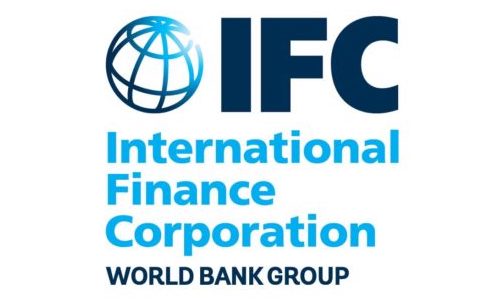World Bank Group Releases Recommendations to Strengthen IFC and MIGA’s Accountability Framework

The public can now see and comment on important recommendations regarding the accountability framework of the International Finance Corporation (IFC) and Multilateral Investment Guarantee Agency (MIGA). On August 11, the World Bank Group shared a report by external experts that evaluates the environmental and social accountability landscape at the IFC and MIGA, including a look at those institutions’ accountability office, the Compliance Advisor Ombudsman (CAO). This review was launched in the wake of several reports of harm from IFC/MIGA projects that exposed gaps in the institutions’ approach to accountability. Whether and how the IFC, MIGA, and CAO implement the report’s recommendations will have significant implications for communities seeking accountability for harms caused by the institutions’ projects.
The Report’s Recommendations
The report contains 11 primary recommendations, five of which are directed at IFC/MIGA and six of which are directed at the CAO. While all of the recommendations in the report require consideration and analysis, Accountability Counsel is highlighting three in particular that relate to the heart of our mission to amplify the voices of communities impacted by internationally financed projects:
- Recommendation: An IFC/MIGA Framework Needs to Be Established for Remedial Action in Cases in which Non-compliance Contributes to Harm
An accountability framework should enable an institution to comprehensively address harm and ensure that affected communities receive meaningful remedy. The report notes that the IFC, MIGA, and their clients’ responses to the CAO’s findings of non-compliance are “mostly unsatisfactory,” with remedial actions only bringing projects into compliance in 13% of cases. Accordingly, the report recommends: (1) IFC/MIGA should develop one or more funding contingencies that bind clients so that they set aside resources to remedy instances of non-compliance with environmental and social safeguards; (2) IFC/MIGA should contribute to remedy when the CAO or IFC/MIGA itself determines that its non-compliance has contributed to harm; and (3) in cases where enabling or requiring the client to commit resources is unavailable the IFC/MIGA should consider whether and how it could provide funding outside of the investment agreement.
Accountability Counsel concurs with this “contribute to harm, contribute to remedy” principle. Through our work with communities affected by projects, we have seen how difficult it is to obtain meaningful remedy for non-compliance with environmental and social safeguards.
- Recommendation: CAO Complaint Handling Times Need to be Shortened
Given the nature and gravity of the harm or potential harm that can arise from projects – for instance, damage to water sources or displacement from homes – it is important for grievances to be addressed in a timely and predictable manner. The report concludes that the CAO’s case process takes too much time. The average length of time for a case that undergoes dispute resolution is approximately three years, and the average time of cases that undergo compliance review is longer. The report therefore recommends shortening steps of the process. The report notes that to shorten the compliance process in particular, the CAO needs additional resources and that in any event, the current resources allocated to the CAO’s compliance function are inadequate and lower than for compliance reviews in other comparable accountability offices.
While the length of an accountability process should vary depending on the specifics and needs of a case, it should not be a lack of resources that extends the timeline. An unduly long process risks harming communities and hindering necessary project changes to address environmental and social risks. For example, if project implementation continues while an accountability process is underway, then the longer the process takes, the farther along a potentially harmful project is and the more difficult it is to unwind.
- Recommendation: IFC/MIGA and Clients Need to Strengthen Capacities, Systems, and Organizational Mindsets to Address Concerns and Complaints from Affected People
The World Bank Group, including the IFC and MIGA, has set the following goals: “end extreme poverty and promote shared prosperity in every country” by 2030. Further, the IFC champions itself as being “at the forefront of impact investing in emerging markets.” To fulfill these commitments, it needs to ensure that project-affected communities are at the heart of its mission.
The report recommends that IFC/MIGA “embrace fully and without equivocation their responsibility to engage with clients and affected people to advance effective responses to legitimate concerns.” The report further urges the IFC/MIGA to consider the benefits of interacting directly with people affected by projects, including complainants, as it aids understanding of issues and options, helps solve concerns, and demonstrates commitment to the people affected by IFC/MIGA investments.
Concrete steps to better understanding project-affected peoples’ concerns will pay off in stronger investments that uphold environmental and social safeguards.
Next Steps: Public Engagement and Implementation
What the IFC, MIGA, and CAO do next to respond to these recommendations matters. Implementation decisions will have significant and far-reaching effects on accountability and should be made after receiving input from the public — and in particular from communities affected by projects. The World Bank Group Board has invited comments on the report by September 12th. Accountability Counsel will submit comments informed by experience working with communities who access accountability offices to protect their human and environmental rights.
Accountability Counsel’s prior written submission to the authors of the report and other advocacy related to IFC/MIGA can be found here.

